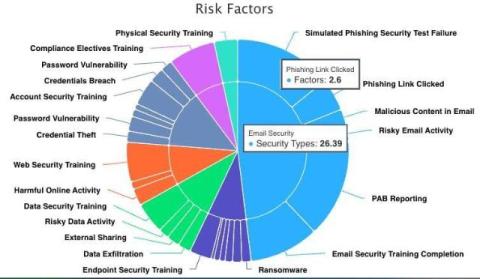QR Code Phishing is Growing More Sophisticated
Sophos describes a QR code phishing (quishing) campaign that targeted its employees in an attempt to steal information. The attackers sent phishing emails that appeared to be related to employee benefits and retirement plans. The emails contained PDF attachments which, when opened, displayed a QR code. If an employee scanned the code, they would be taken to a phishing page that spoofed a Microsoft 365 login form. The page was designed to steal login credentials and multi-factor authentication codes.









